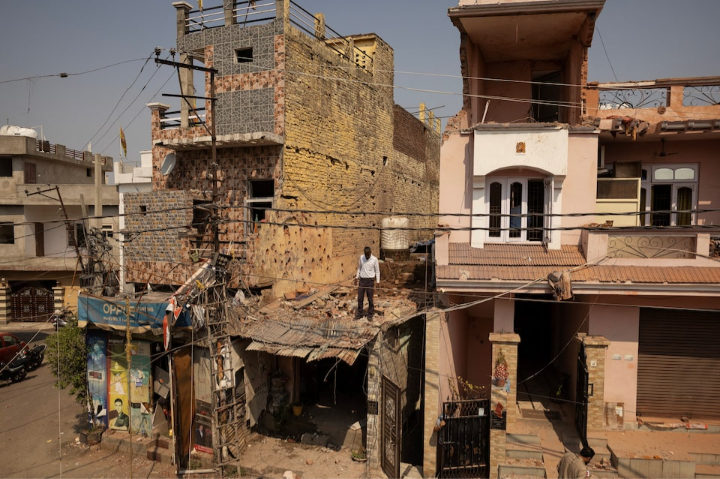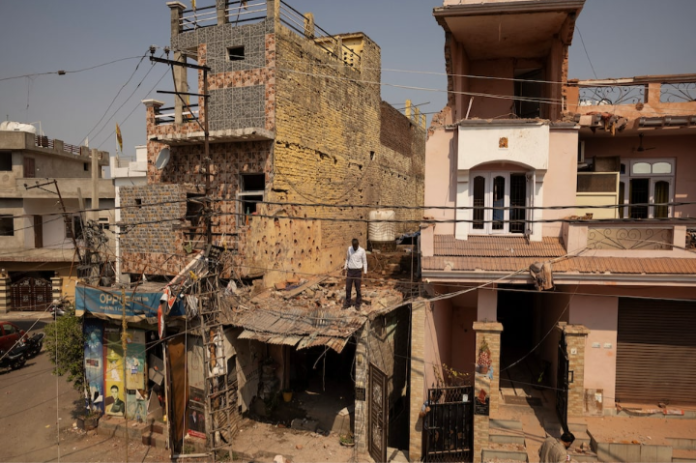In a dramatic turn of events, India and Pakistan have agreed to a full and immediate ceasefire following four intense days of cross-border military strikes. The breakthrough was announced by U.S. President Donald Trump on Saturday, sparking a wave of cautious relief across the region and the globe.
The ceasefire, which took effect at 5 p.m. Indian time (1130 GMT), marks a critical pause in escalating hostilities between the two nuclear-armed neighbors. It comes after days of mounting violence that resulted in the deaths of 66 civilians on both sides and raised fears that the decades-long Kashmir conflict could spiral into a catastrophic war.
“After a long night of talks mediated by the United States, I am pleased to announce that India and Pakistan have agreed to a FULL AND IMMEDIATE CEASEFIRE. Congratulations to both countries on using common sense and great intelligence,” Trump posted on his social platform, Truth Social.
Pakistan’s Foreign Minister Ishaq Dar also confirmed the truce on X (formerly Twitter), stating, “Pakistan has always strived for peace and security in the region, without compromising on its sovereignty and territorial integrity!”
India’s foreign ministry echoed the announcement, revealing that Pakistan’s military operations head called his Indian counterpart to confirm the halt to all forms of firing. They also noted that further talks between the two military heads are scheduled for May 12 to discuss de-escalation measures and future cooperation.
The violence erupted on Wednesday when India launched strikes on what it described as “terrorist infrastructure” in Pakistan-administered Kashmir. The military action was in retaliation for a deadly attack on Hindu tourists in Indian-controlled Kashmir two weeks earlier, which killed 26 people. India accused Pakistan of backing the attackers, an allegation Pakistan strongly denied.
The rapid escalation that followed saw both sides exchanging artillery fire, drone surveillance, and missile deployments. The sudden intensity of the conflict sent shockwaves through international diplomatic circles, with fears that nuclear weapons could potentially be drawn into the confrontation.

These fears were briefly heightened when reports emerged that Pakistan’s nuclear oversight body was set to meet. However, Pakistan’s defense minister later denied any such meeting was planned.
The India-Pakistan rivalry, rooted in their contested claims over Kashmir since the partition of British India in 1947, has led to three full-scale wars and numerous skirmishes. Though both countries claim the entire region, they each control only parts of it. India accuses Pakistan of fueling a long-running insurgency in its part of Kashmir, while Pakistan insists it only provides diplomatic and moral support to the separatist cause.
With tensions simmering and lives lost, the ceasefire provides a momentary sigh of relief. However, the world will be watching closely in the coming days to see if this truce holds—or if the two nations slip back into the dangerous cycle of violence.



